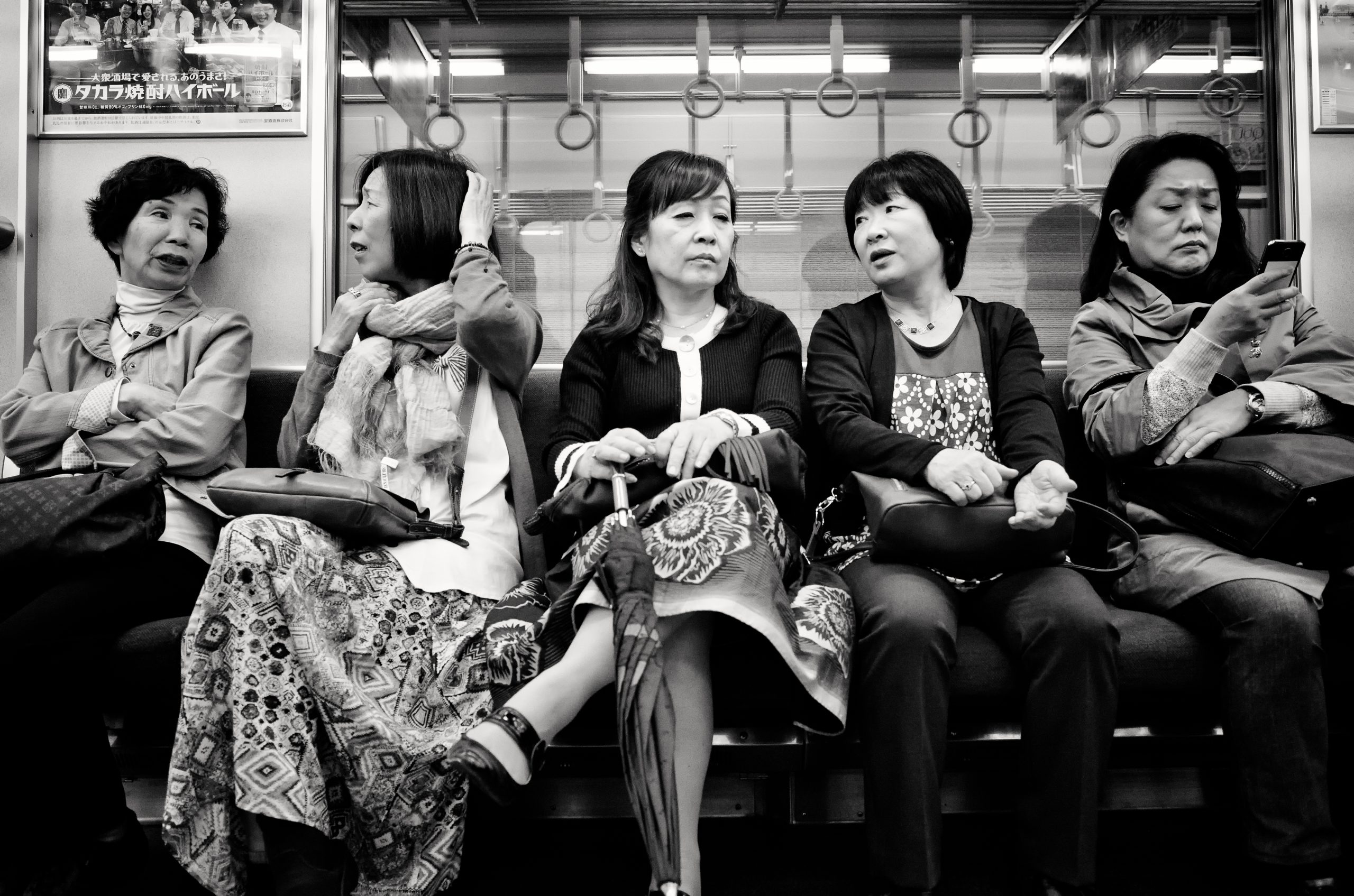
New research suggests that the assurance “you can always ask for help” is a westernized ideal that can have different meanings and impacts. Researchers found that, while there are associations between greater life satisfaction and help-seeking in the United States, the same help-seeking behavior was associated with poorer life satisfaction and less positive mood in Japan.
Verity Y.Q. Lua and colleagues compared data from two similar surveys, one conducted in the United States and a parallel study conducted in Japan. They identified specific and concrete cultural differences in appropriate behaviors and their impact on well-being. Specifically, they found asking for help and getting help had very different meanings and relationships in the United States as compared with Japan.
In the United States, a willingness to ask for help in times of need is associated with improved overall well-being. However, in Japan the same help-seeking behavior led to decreased life satisfaction and less positive mood.Lua and colleagues attribute this difference to distinct sociocultural norms. In collectivist, or community-focused cultures like Japan people place more importance on maintaining a positive and stress-free social community. Actions that add stress to the community atmosphere, like asking for help or for a favor, can lead to judgments of incompetency or inferiority.
These results suggest that what is essential for health and happiness isn’t the same everywhere and for all people. Health professionals who may be inclined to recommend relying on help from others in times of difficulty or stress should consider the importance of cultural ideals for the relationship between wellness and help-seeking.

Comments